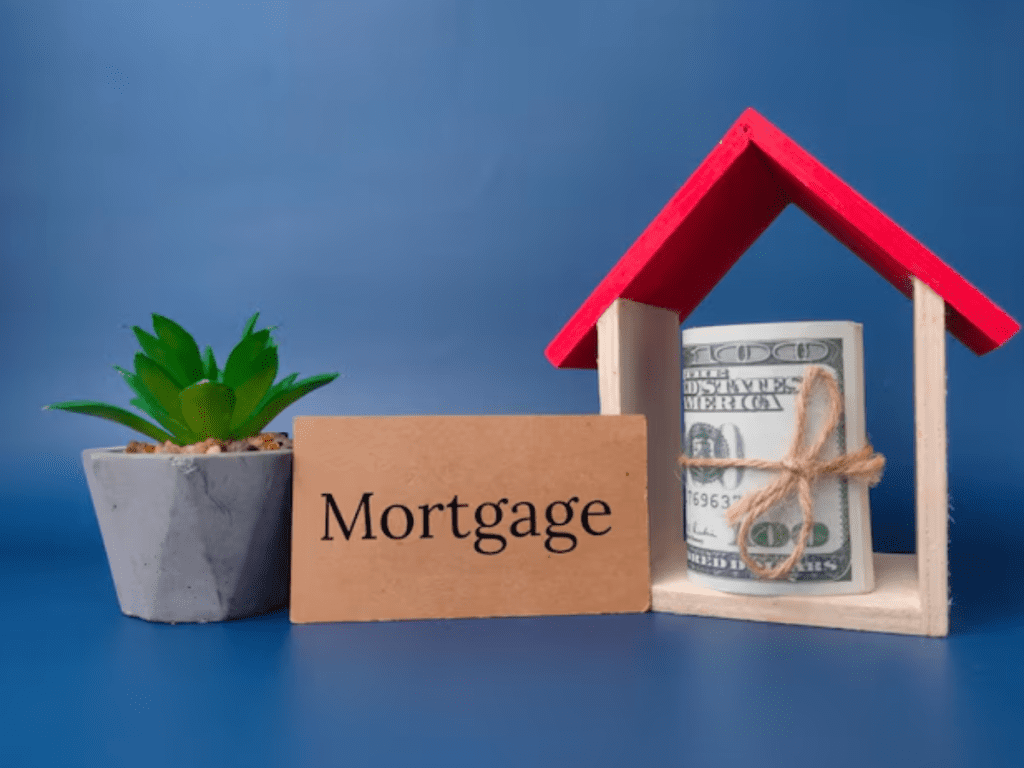Introduction
Home ownership ranks among the most significant financial accomplishments in an individual’s life. Nevertheless, procuring a home loan is likely to be unaffordable with a poor credit rating and inadequate down payment. The majority of lenders prefer candidates with good credit records and larger down payments due to the minimal risk of default. This prevents people with money problems from receiving a mortgage loan from conventional bank sources.
Luckily, there are a few choices available for borrowers who don’t qualify under the stringent terms of traditional home mortgages. Learning the reasons why loans are approved or disapproved, searching out other mortgage programs, and doing everything you can to get your finances in top shape can help you qualify for a home purchase despite credit and savings constraints.
This guide will teach you specific strategies that will make you eligible for a home loan even when your credit score is poor and your down payment savings are small.
Understanding the Importance of Credit Score and Down Payment
The Role of Credit Score in Home Loan Approval
A credit score is a number that expresses how creditworthy you are. It indicates your credit history, repayment behavior, and financial responsibility. The score helps lenders determine if you will be able to repay a loan as and when due. The higher your credit score, the greater your ability to obtain a home loan on good terms.
Credit scores are usually between 300 and 900. Being over 750 is great, and you can easily get a mortgage at low interest rates. Between 650 and 749 is good, and you can still qualify but pay slightly higher interest rates. When your score is between 550 and 649, your loan approval possibilities are limited, and the lenders can ask much higher interest rates. A score of less than 550 is poor and will make it hard to qualify for a mortgage from mainstream banks. Even with a poor credit score, there are lenders and mortgage schemes that will assist people with poorer credit histories. Knowing what these are can enable you to proceed with your home purchase plans.
Why a Down Payment is Important
A down payment is the amount of money you put up front toward the home’s purchase. It is a percentage of the total cost of the home. The more money you pay up front, the less you have to borrow. A higher down payment can also mean better interest rates and smaller monthly mortgage payments.
Most traditional lenders demand a minimum down payment of 20 percent of the house price to grant the best loan terms. But if you only have a modest down payment, don’t worry; with government-backed loans and other lending institutions that give loans with a minimum down payment of 3 to 5 percent, you can still get a home loan.
How to Qualify for a Home Loan with a Low Credit Score and Small Down Payment
Look into Government-Backed Loan Programs
Government-sponsored mortgage programs were created to assist homebuyers who do not qualify for stringent conventional loan programs. These mortgage programs tend to permit lower credit scores and minimum down payments.
One option is an FHA loan, which is insured by the Federal Housing Administration in the United States. This program will allow a borrower with a credit score as low as 500 to qualify for a mortgage, although a minimum score of 580 is necessary to be able to make as low as a 3.5 percent down payment.
Active-duty military and veterans can qualify for VA loans, which are guaranteed by the Department of Veterans Affairs. VA loans have no down payment requirement, making them a great option for those with little savings.
Another alternative is the USDA loan program, which is for homebuyers in rural and suburban locations. This program has no down payment requirement and features competitive interest rates. Borrowers must have a credit score of 640 or higher to qualify, but some lenders will consider lower scores with extra documentation.
In India, the Pradhan Mantri Awas Yojana offers subsidies on home loan interest rates for first-time homebuyers. Other countries also have similar programs that offer financial aid to people with poor credit scores and low down payments.
Learning about the government-backed loan programs in your nation can assist you in locating a mortgage program that is best for your financial profile.
Improve Your Credit Score Before Applying
If your credit score is low, improving it before applying for a mortgage can increase your chances of approval and help you secure better loan terms. The first step is to review your credit report for errors. Sometimes, incorrect information or outdated records can negatively impact your credit score. Disputing any inaccuracies with the credit bureau can help improve your score.
Another good strategy to improve your credit score is paying off debts that are in arrears. Prioritize settling overdue credit card debt, personal loans, and other accounts that are overdue. Your debt-to-income ratio is considered by lenders, which is the proportion of your monthly income that is devoted to paying debt. By paying off total debt, you become a better borrower.
Avoid applying for new credit lines or loans before seeking a mortgage. Each new credit inquiry can temporarily lower your credit score, which may affect your loan approval chances. Instead, focus on making timely payments on your existing debts.
If you have difficulty with high utilization, attempt to keep your credit card balances under 30 percent of your available credit limit. This indicates good credit use and can positively affect your score.
Even minor increases in your credit score can impact the terms of your mortgage. Proactive action to build your credit history can result in more favorable loan opportunities.
Save for a Larger Down Payment if Possible
While there are loan programs that have low down payments, the higher you can put down, the better your chances of getting the loan approved. A bigger down payment lowers the risk for the lender and could result in better interest rates and terms of repayment.
If you struggle to save for a down payment, try reducing discretionary spending, establishing an automatic savings plan, or seeking down payment assistance programs. Certain state and local governments provide grants or low-interest loans to assist first-time homebuyers with the down payment and closing costs.
Another alternative is to get financial help from relatives. Most lenders permit homebuyers to apply gift money from relatives towards their down payment. Lenders may, however, request documentation to confirm that the funds are a gift and not a loan.
Look into Alternative Lenders
If traditional banks deny your mortgage application due to a low credit score, consider alternative lenders such as credit unions, online mortgage lenders, and non-bank financial institutions. These lenders may offer more flexible requirements and be willing to work with borrowers who have less-than-perfect credit.
Peer-to-peer lending sites can also be used for funding the purchase of a home. These sites bring lenders in direct contact with investors who lend money under the terms of an agreement.
Alternative lenders might charge slightly higher interest rates compared to traditional banks, but they can offer access to home ownership for those who cannot get a conventional mortgage.

